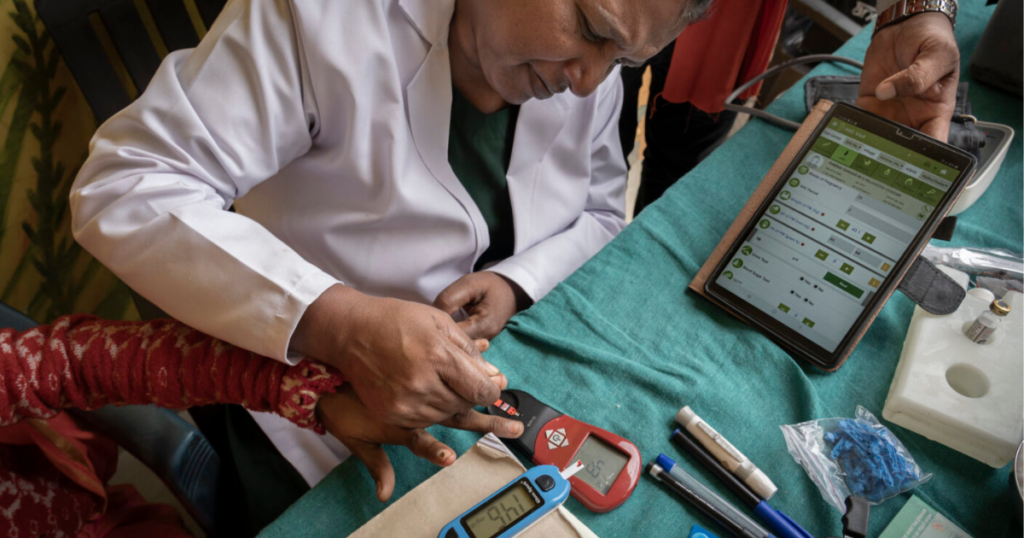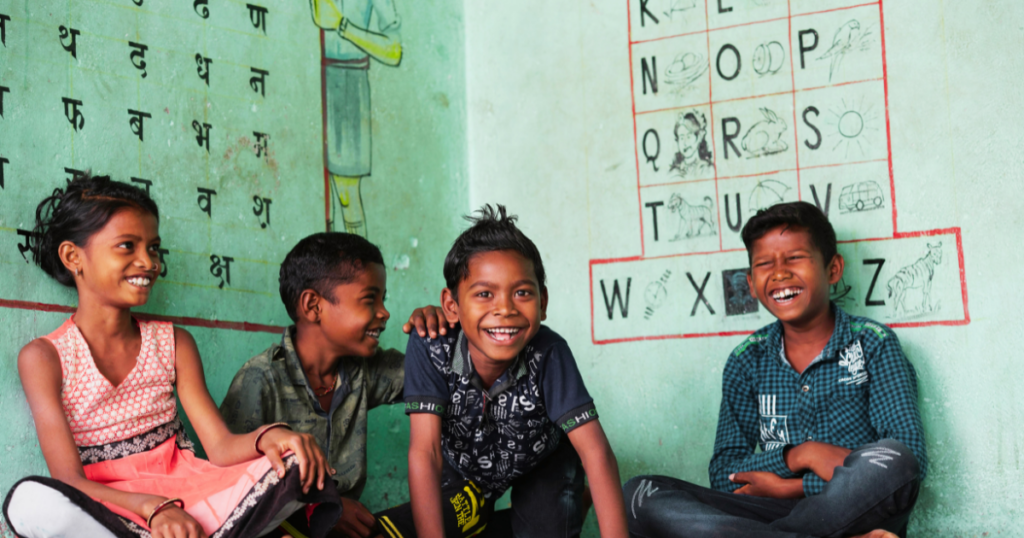Climate change is a pressing global issue with wide-ranging implications for environmental and human well-being, demanding urgent action for mitigation and adaptation. It poses significant threats to human health due to direct and indirect impacts like degraded air quality that exacerbate respiratory ailments, and rising temperatures and intensified extreme weather events that heighten the risks of heat-related illnesses, injuries, and population displacement.
Globally, various conventions such as the UN Framework Convention on Climate Change, Kyoto Protocol, and The Paris Agreement work together to address and prevent climate impacts due to human interventions by fostering international collaboration, knowledge sharing, and policy negotiations while promoting transparency and monitoring of climate goals. They also mobilise financial resources and technology transfer to support developing countries in their climate change efforts.
Climate change significantly impacts India, and has profound implications for the population. Heatwaves, air pollution, waterborne diseases, and vector-borne diseases are on the rise, disproportionately affecting vulnerable populations such as children, pregnant women and the workforce exposed to extreme weather conditions.
The Government recognises the impact of climate change on human health and has implemented various national and state level action plans to help mitigate it by developing climate-resilient health programmes, enhancing health system capacities, and improving monitoring, surveillance and research on climate change’s health effects to inform evidence-based health policies.
Various factors contribute to the amplification of climate-sensitive health risks. Demographic characteristics, such as age and sex of individuals and population dynamics, have different impacts due to climate change. Additionally, geographical factors exacerbate the situation, including nutrient deficiencies in regions prone to droughts and waterborne diseases following floods. Biologically, women, undernourished populations, and people with chronic illnesses or disorders are more vulnerable to climate change. Political factors arise from fragmented climate policies and discriminated populations. Social and economic factors are also implicated, with climate change intensifying vulnerabilities for poor populations by reduced access to healthcare, gendered disparities, unsafe water and sanitation, and inadequate shelters.
Going forward, there is a need for building climate-resilient health systems in India due to the lack of health data systems to track the effects and challenges of climate change, inequity in access to healthcare resources and lack of preparedness of health systems for disaster management. Climate-resilient health systems should work on six levers – leadership and governance, health workforce, health information systems, essential medical systems, service delivery and financing.
Authors: Anushka Anand, Granthika Chatterjee and Ritika Ramasuri




